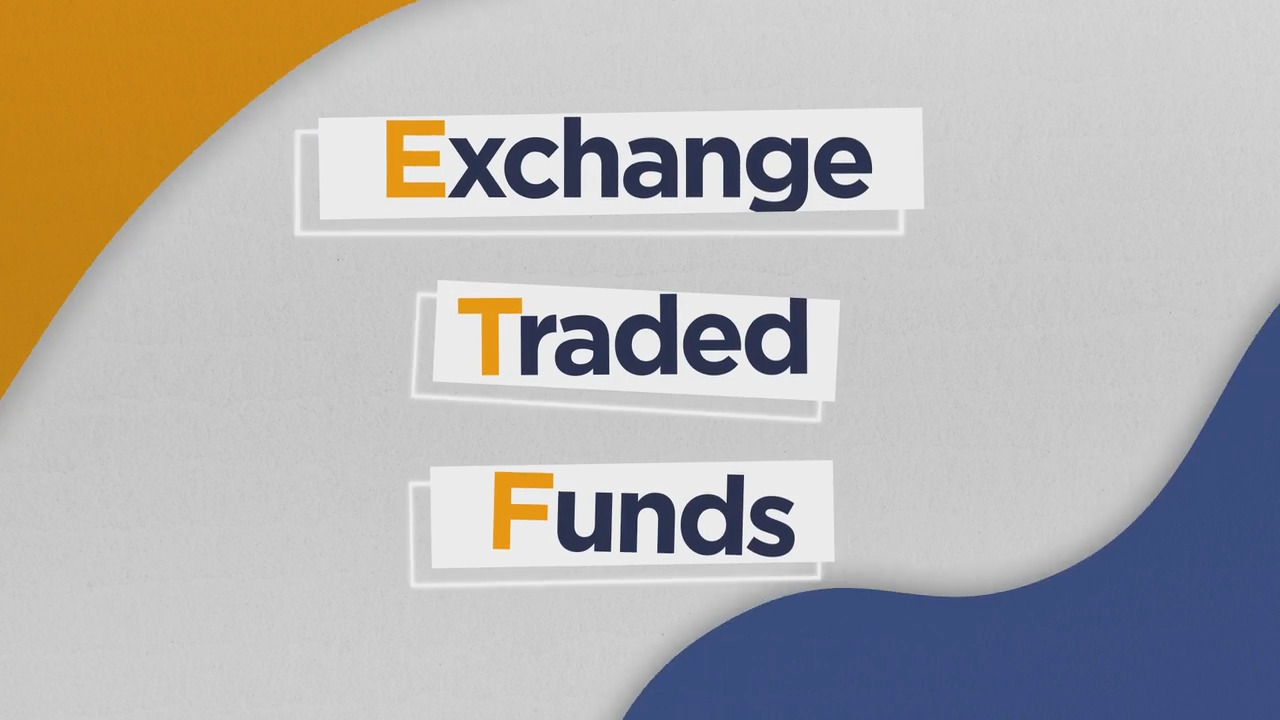Investing does not have to be intimidating or scary.
We help you navigate the basics of ETF investing, what's happening in the markets and more.
What is an ETF?
An ETF (Exchange-Traded Fund) is an investment fund listed on a stock exchange.
There are two main categories of ETFs:
Active ETFs, which implement an active investment strategy.
Index ETFs (also called "passive ETFs"), which track the upward and downward performance of an index. These ETFs make up the bulk of the European market for "UCITS1" ETFs.
They are listed and traded continuously on the stock exchange2, like stocks — which is what sets them apart from traditional funds.
ETFs are increasingly popular with investors, who find them easy to use, accessible, transparent, and cost-efficient.
Discover how they work.
1. UCITS: « Undertakings for Collective Investment in Transferable Securities », European Directive 2014/91/UE.
2. During stock exchange trading hours.
These 6 ETF guides will tell you all you need to know before selecting and investing in an ETF.

The role of ETFs
What are the characteristics of ETFs? What are their benefits? How can ETFs fit into your portfolio? This guide will answer your key questions about this investment product.

The Exchange Traded Product
What are ETPs (Exchange Traded Products)? What are the differences between the products? Which product works best and when? Find out in our guide to ETPs.

The benefits of UCITS ETFs
What does the acronym 'UCITS' stand for? Why should I care if my ETF is UCITS? This guide explains the advantages of this important European regulation and clarifies the benefits it can offer you.

Choosing an ETF
How can you identify the most suitable product from amongst the thousands of ETFs replicating a plethora of indices? In "Choosing an ETF", we provide you the tools and advice to help you make your choice.

Why ETF performance matters
How can ETF performance be analysed? Which tools should be used? What factors contribute to performance? This guide will help you understand ETF performance and select the ETF and manager offering the best replication of the index.

ETFs and index funds
Both ETFs and index funds replicate a market index. They have a lot in common, but there are also a few differences. Our guide "ETFs and index funds" sheds light on the two structures and helps you understand the right options for you based on your preferences, investment objectives and broader expectations.
Lost in the terminology?
There are lots of words we use in investing that you don't see every day. If you get stuck, visit our glossary to find explanations that are clear and easy to understand.
Did you know?
Tracking an index… what is an index?
- An index is an indicator that shows the performance of a selection of securities (representing a market) over a period of time.
- An index can represent a specific geography such as a country or a region.
- Indices can also focus on a sector (technology), a theme (climate) or a strategy type (producing income).
Visit our FAQ: you’ll find the answers to all frequently asked questions regarding ETFs.



